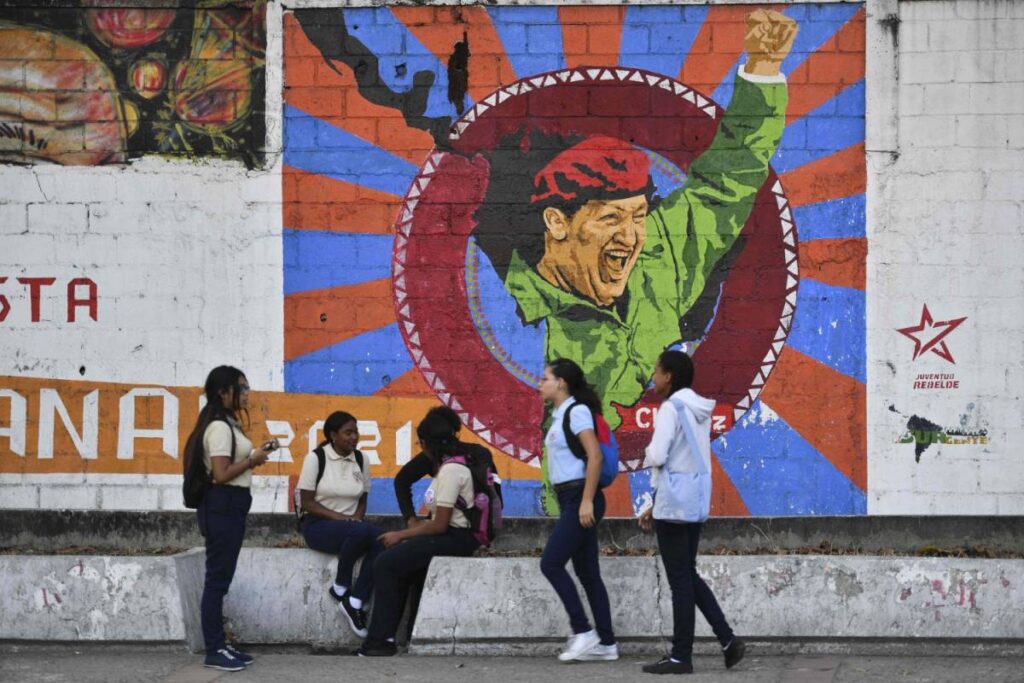
Courtesy
Venezuela transformed from one of the poorest countries in Latin America to one of the richest in the 20th century, even surpassing GDPs of Spain, Greece, and Israel in 1970. However, from 1974 onwards, increased state interference and over-regulation gradually declined the country’s economic status. The economically distressed electorate’s faith in Hugo Chávez, elected president in 1998, allowed the socialist leader to attempt to resolve the nation’s issues. Blessed with massive oil deposits and a booming oil price allied with his presidency, Chávez embarked on a journey of 21st-century socialism which started positively, but descended into economic disaster, hyperinflation, and dictatorship. In 2007, Chávez pushed for the control of Venezuelan oil ventures for PDVSA, leading to increased government control over oil production. Post his re-election in 2006, various sectors such as iron, steel, cement, food, power utilities, and ports were nationalized, moving approximately 350 businesses from private to public sectors between 2007 and 2010. Despite these drastic measures, the standard of living declined significantly, with statistics from 2021 indicating that 77% of Venezuelans lived in extreme poverty. Following Chávez’s death, his successor, Nicolás Maduro, continued on this path, which further eroded the economy and generated accusations of crimes against humanity. Maduro’s regime, underpinned by censorship and corruption, caused mass emigration – over 7 million people, equating to a quarter of the population, had left the country. Despite the catastrophic outcome of Venezuela’s “Socialism for the 21st century”, supporters still claim real socialism was not practiced there. From the article of Rainer Zitelmann-> MicosoftStar
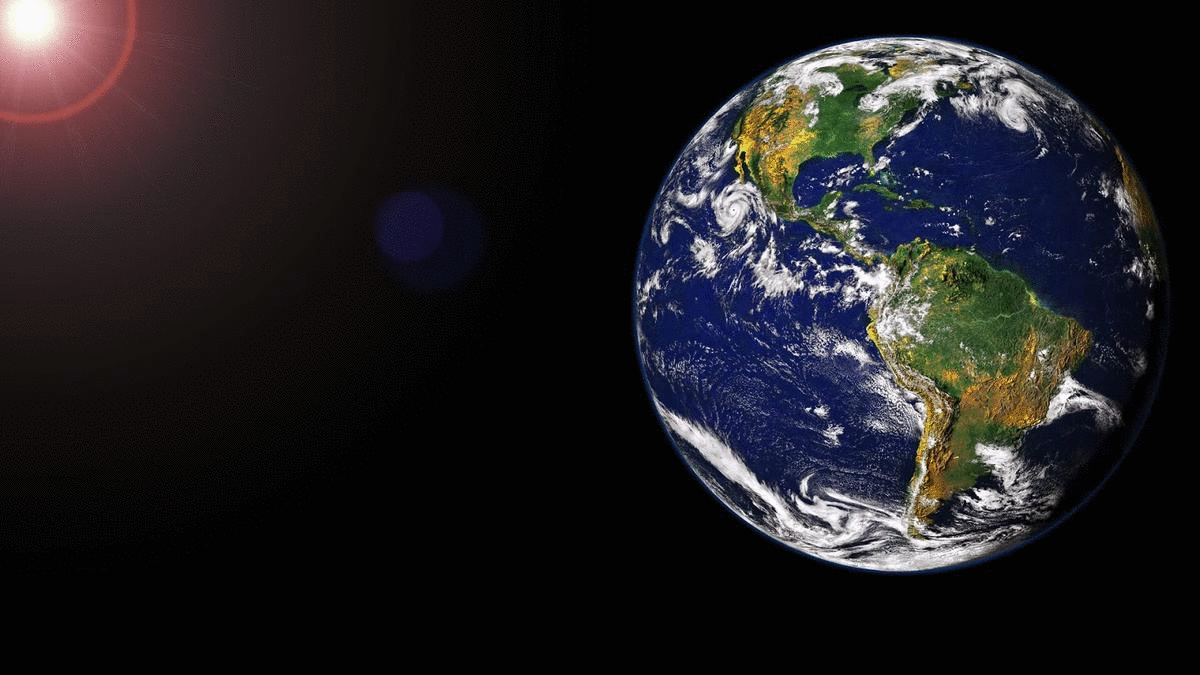
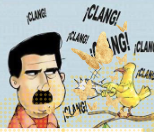
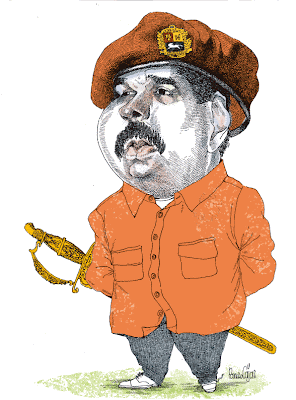
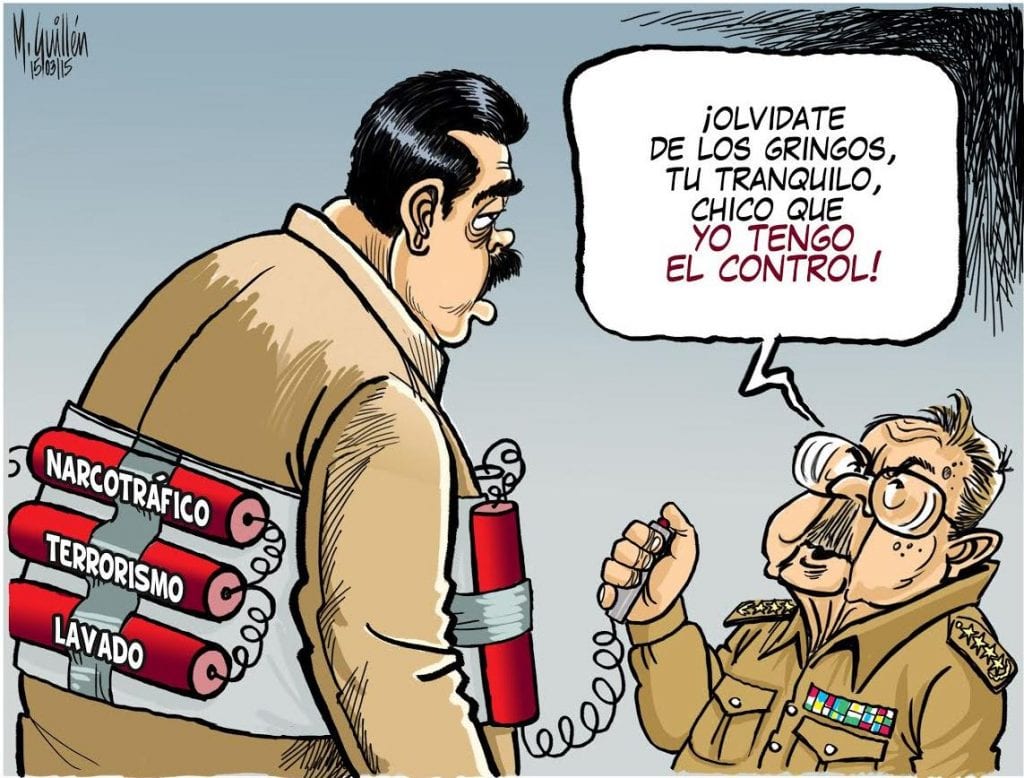
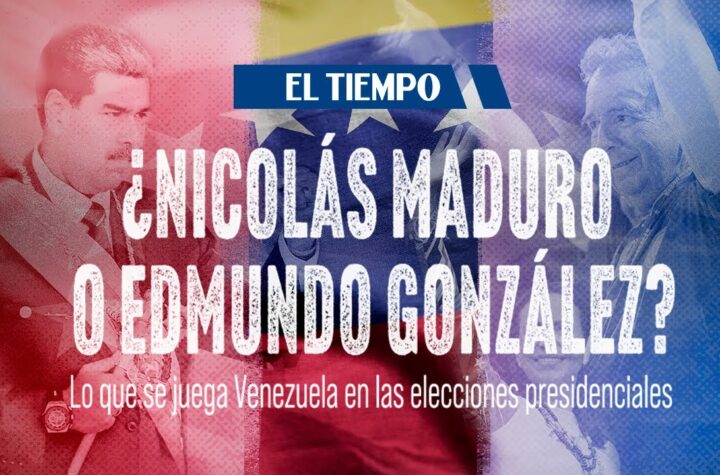
More Stories
How Venezuela’s election could upend the geopolitics of the Americas
US sanctions Venezuela gang for spreading criminal activity across LatAm.
De Colombia a Chile: el hilo del Tren de Aragua comienza a desenredarse